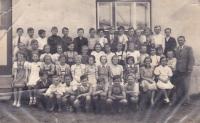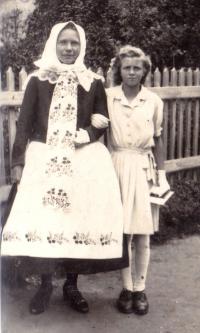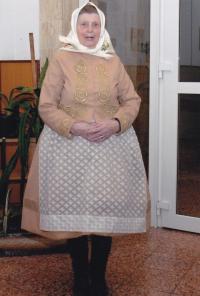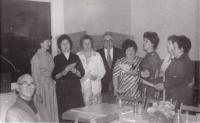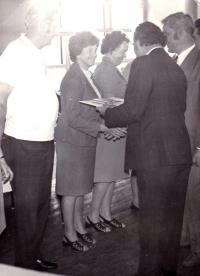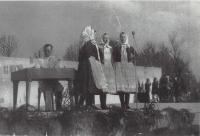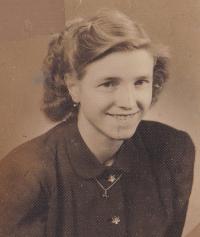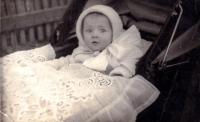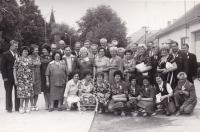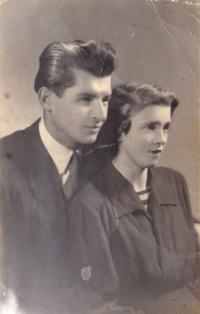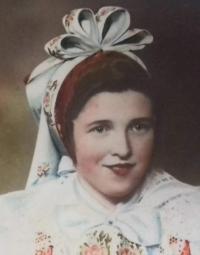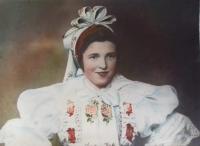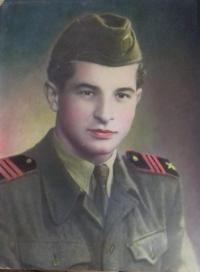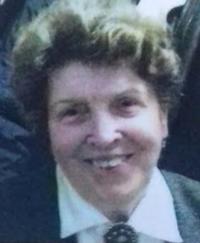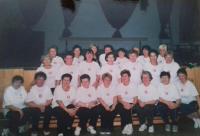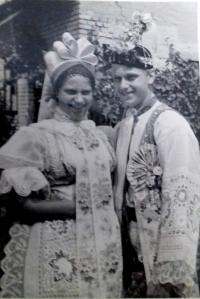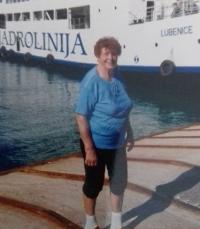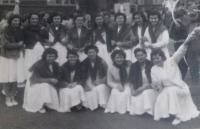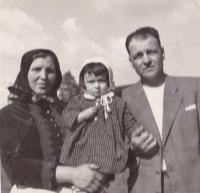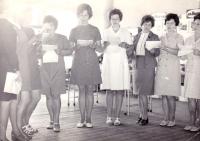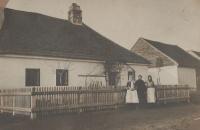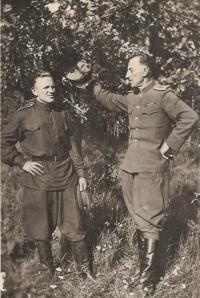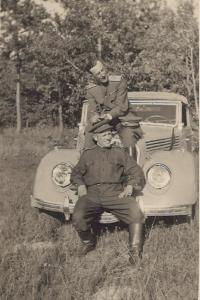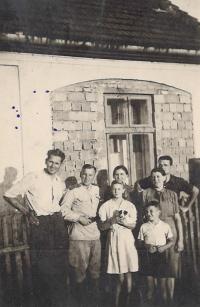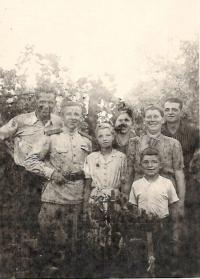Life is terribly complicated, but you have to live it anyway
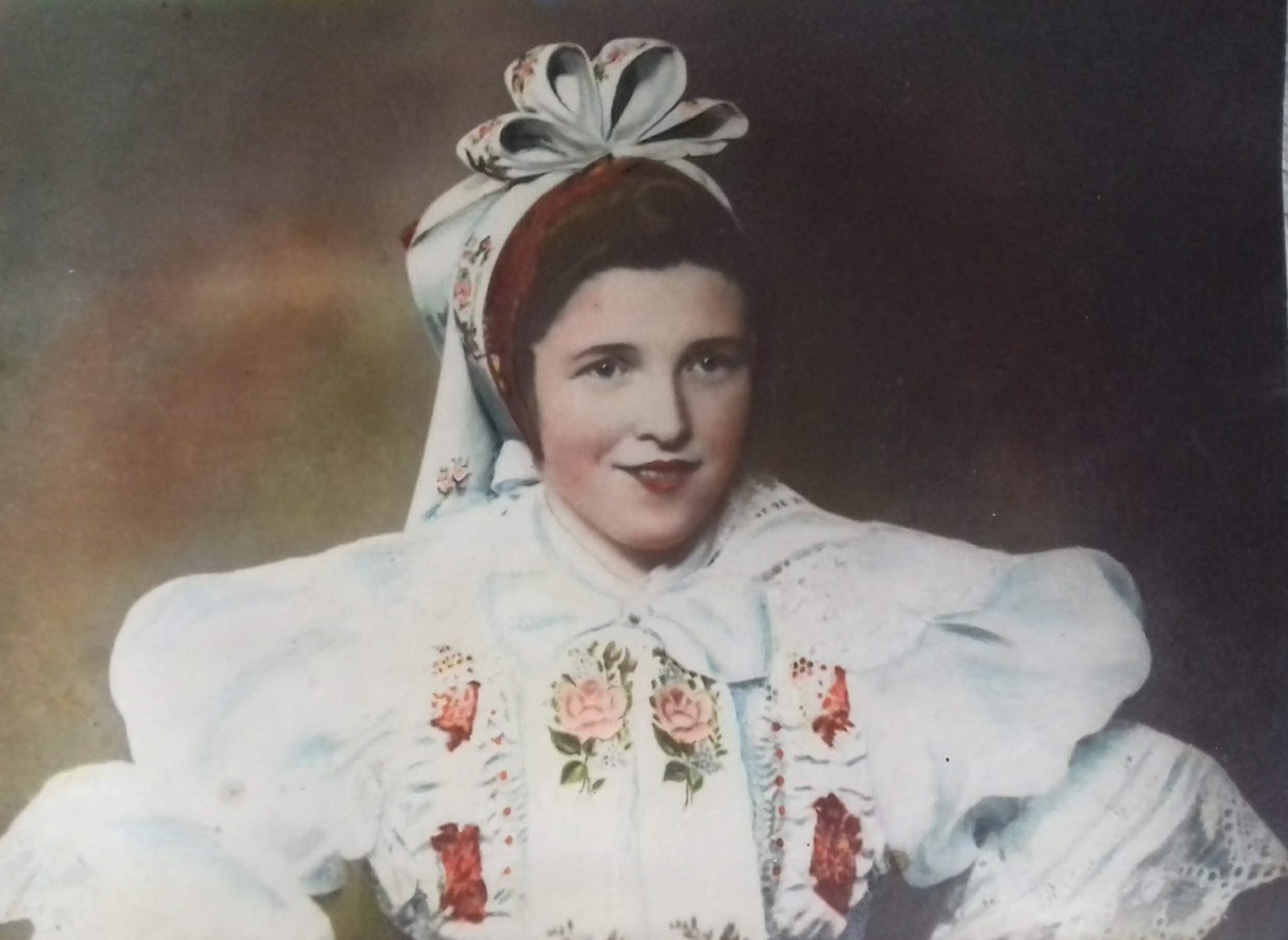
Stáhnout obrázek
Aloisie Víchová, née Vlašinská, was born on 28 January, 1931 in Lužice near Hodonín. She began attending the grammar school in 1937 and four years later she changed to bourgeois school in Hodonín. In March 1939 she experienced the occupation of Lužice, the German soldiers were hiding in their house against the show storm. In November 1944 witness heavy bombing of Hodonín. She witnessed many local events of WW2 - food checks, concentration camp prisoner transportation, removal of citizens of German origin, or moving of the war front. In 1946 she started working in Baťa´s factory in Zlín, from where she moved to the company Igla in Lužice, where she worked until retirement. The witness was an active member of Sokol. In 1953 joined the communist party and sang in the company choir. In 1952 won the third place with Igla´s Four in the competition of folk creativity in Strážnice. In Igla she worked until retirement. She lives amongst her wide family and friends in Lužice.
